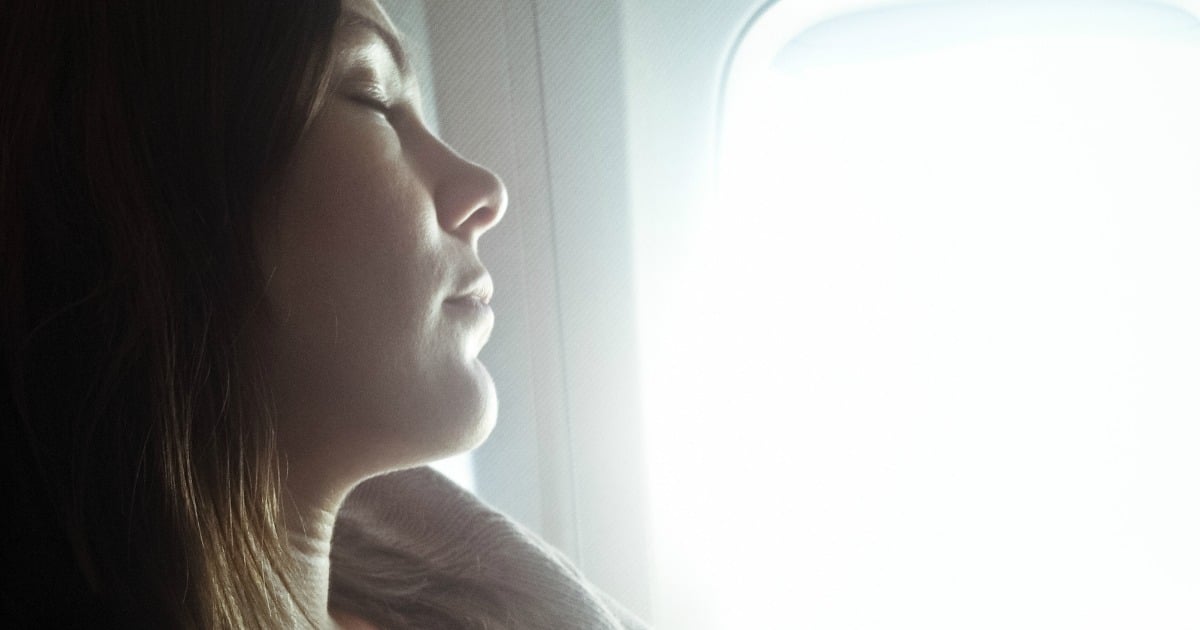Whether you’re a seasoned traveller or only travel occasionally, you’re likely to experience jet lag at some point. But it doesn’t need to ruin your trip. Here are some tips from Skyscanner Australia to help minimise the impact of jet lag.
Before you fly.
There are many things you can do in the days leading up to departure to help you feel less sleepy when you arrive at your destination.
Try adjusting your sleep routine gradually in the lead up to the trip, either moving your bedtime forward or back depending on where you are going. This will help your body get into a new routine when you’re overseas.
It can be tempting to deprive yourself of sleep or try and stay awake the night before your flight in the hope you will then sleep on the plane, but this is a bad idea. Exhausting yourself will only make you more vulnerable to jet lag and you will find it much harder to push against the feelings of tiredness when you arrive at the other end.
Don’t leave things like packing to the last minute which will cause you to stay up the night before stressing. Being organised and getting to the airport early are great ways to stay calm, helping you sleep more easily on your flight.
Book the right flight.
The flight you book can have a huge influence on whether you’ll be waking up in the middle of the day or falling asleep after lunch when you reach your destination.
Your circadian rhythms (your body clock) cope better if you fly from east to west. Travelling in a westward direction lengthens the body clock’s normal day-night cycle, whilst travelling east will run in the opposite direction of your body’s usual routine. If possible, book a flight with a westward route.

